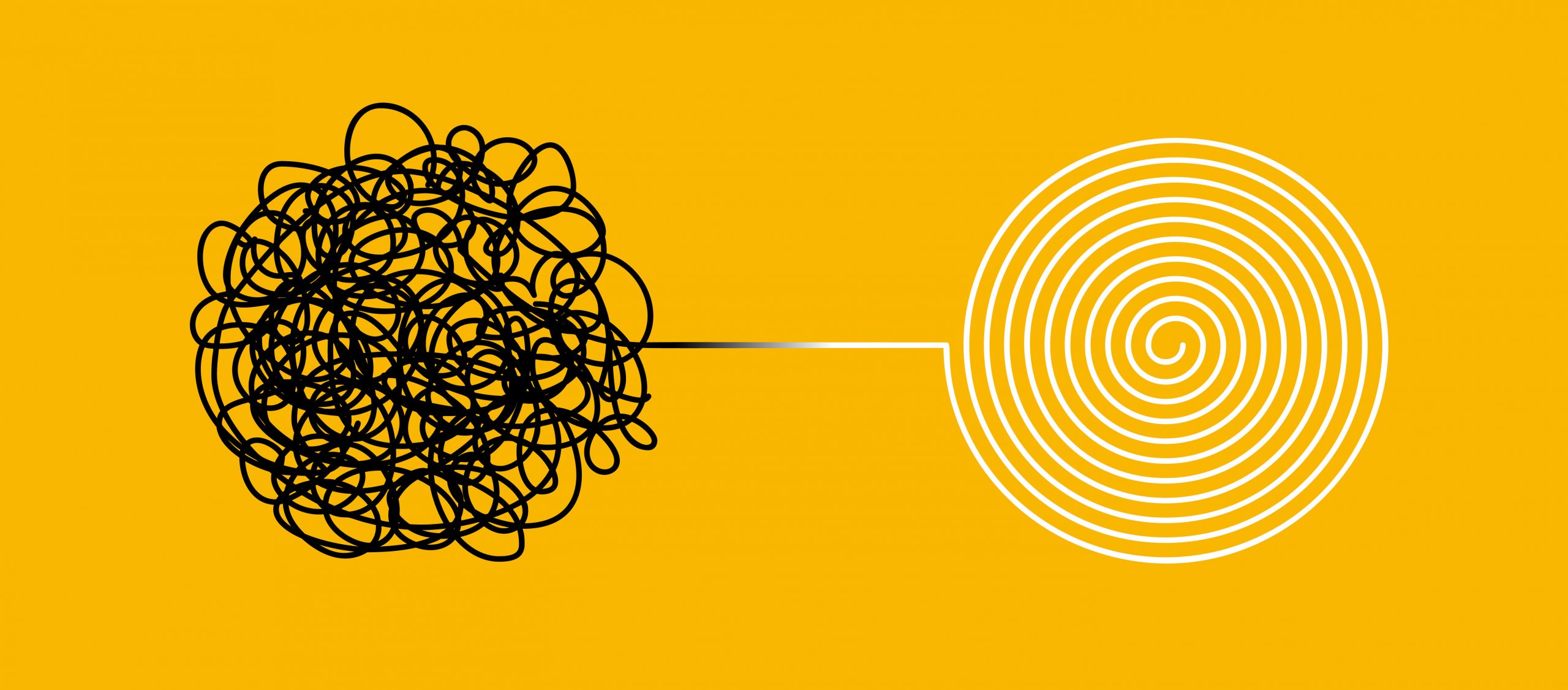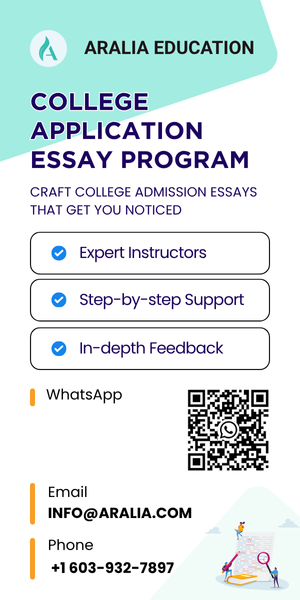Please keep in mind, just reading psychology books isn’t enough, because understanding the principles and applying those to your daily life will give an even more profound impact on the way you think about your surroundings. If you’re an aspiring psychology student looking for new psychology books to read, you come across the right article!
1. Thinking Fast and Slow – Daniel Kahneman
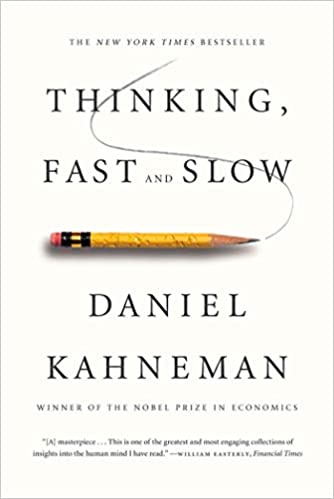
Daniel Kahneman is a psychologist by training and a Nobel Laureate in Economics. In this award-winning book, Kahneman introduces two parts that animate the human brain’s mindset: the conscious and the automatic, and how they are continually fighting over control of your behavior and actions in different situations. This is not an easy read psychology book, but it’ll give you insights into errors in your memory, judgment, and decisions, because of, for example, the halo effects. After reading this, you will have a profound understanding of human’s predictably irrational decisions that human makes every day.
2. Blink – Malcolm Gladwell
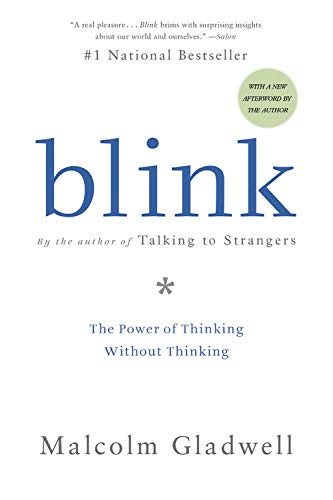
The book is a collection of many short stories from different people, such as the antiquities experts who recognize a fake at a glance, and how they make choices that seem to be made instantly. The power of thinking without thinking, or the mental processes that our mind made automatically from relatively little information. This book isn’t a challenging read because it provides many real-life examples that readers can relate to.
3. The Emotional Brain – Joseph Ledoux
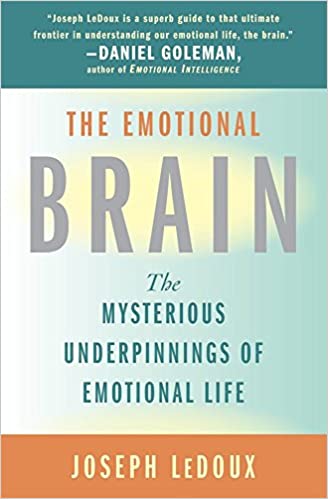
Ledoux is a professor at NYU, and he directs the Emotional Brain Institute of NYU and the Nathan Kline Institute. The book focuses on the origins of human emotions and provides a further explanation in the context of neural systems that evolved for survival in a hostile environment. He also draws on his own research into the brain’s “fear system,” unconscious fear-related memories, that result in disorders.
4. Redirect – Timothy Wilson
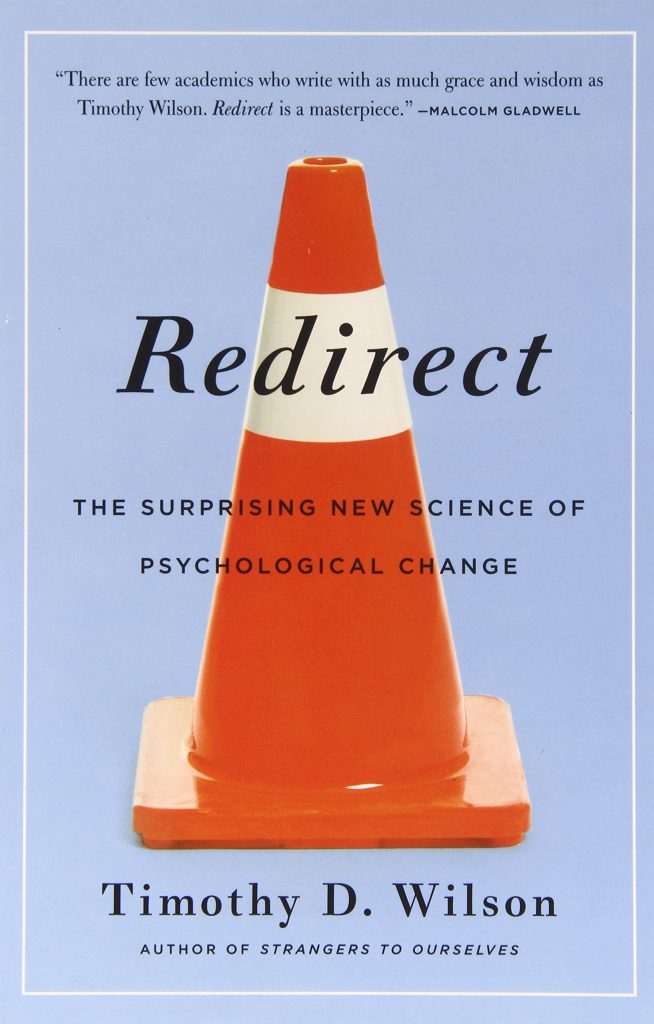
For students interested in creating a permanent and lasting change in their behavior, or the behavior of someone you know, then this is the book to read. Wilson covers the recent and often very surprising research on interventions and therapies that result in people actually changing. Permanent behavior change is hard to come by. This book tells you what does and doesn’t work based on research.
5. Emotional Intelligence – Daniel Goldman
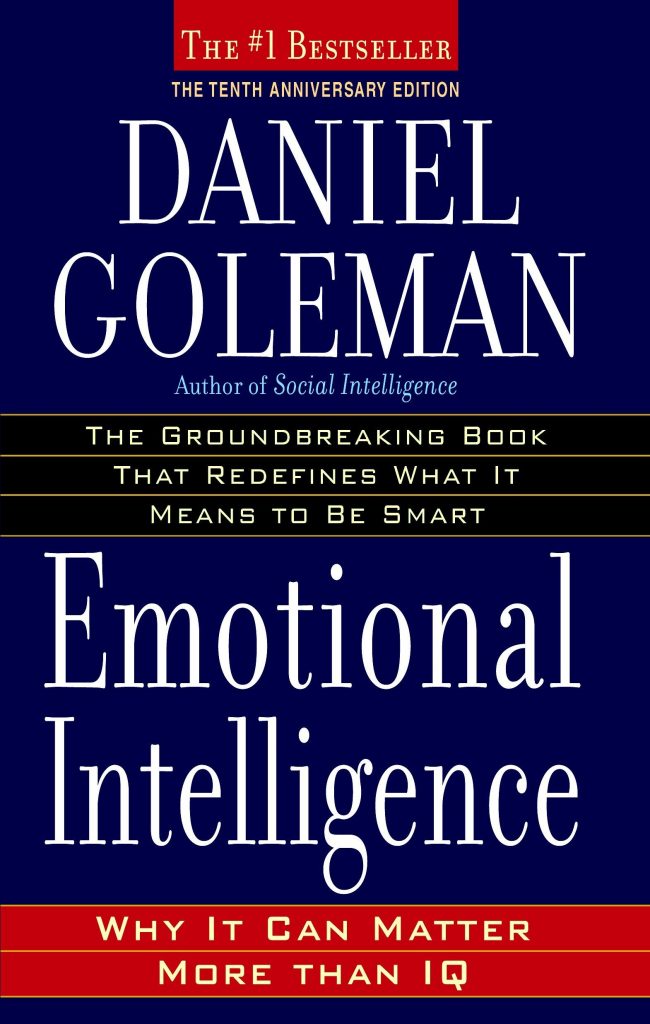
This book is a must-read. In the book, Daniel Goldman surveys and analyzes IQ and EQ’s impact, the rational and emotional, and how they shape our destiny. Drawing on groundbreaking research in brain and behavior, Goldman explains why people of high IQ flounder and those of modest IQ do surprisingly well. The book also discusses how emotional intelligence can be nurtured and strengthened throughout adulthood.
6. Stumbling on Happiness – Dan Gilbert
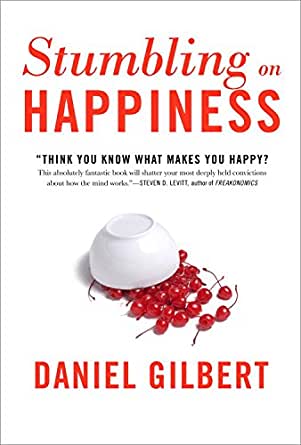
This book is one of the easier reads. Gilbert brings the application of psychology, cognitive, neuroscience research, philosophy, and behavioral economics into real-life situations. For example, why are lovers quicker to forgive their partners for infidelity than leaving dirty dishes in the sink. Written in a readable way, the book explains how little we know about people’s hearts and minds.
7. Influence: The Psychology of Persuasion – Robert Cialdini
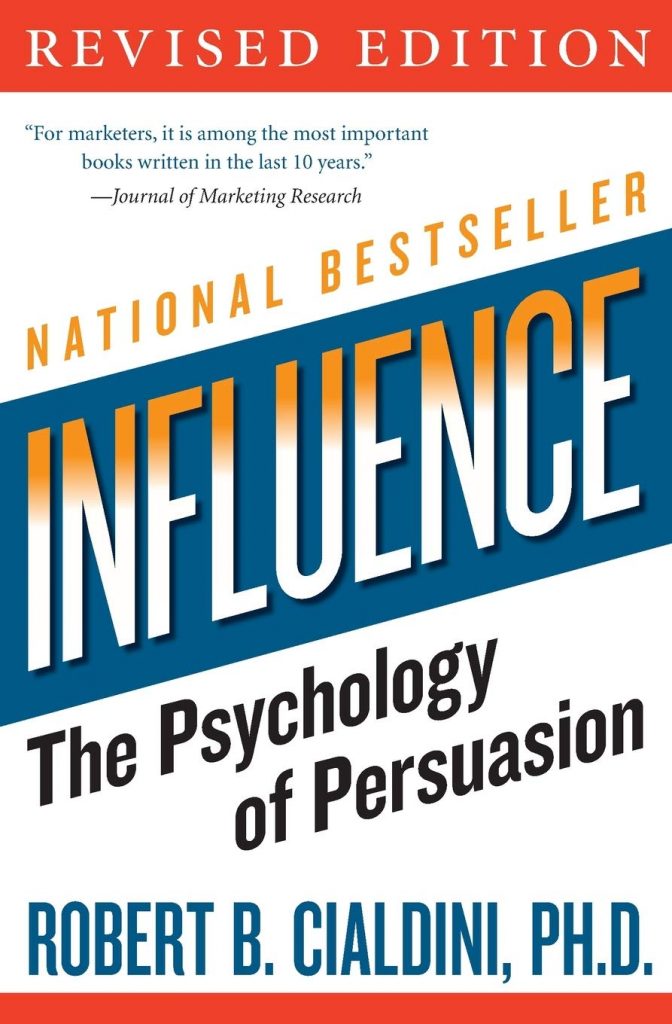
With 35 years of evidence-based, peer-reviewed scientific research and three years studying people’s behavior, Cialdini guides the reader through 6 universal principles of influence and persuasion in the human mind, basically why people say “yes” to others. This is a worthy read, as it provides you with knowledge of how to become a skilled persuader, and to defend yourself against dishonest influence attempts.
8. Made to Stick: Why Some Ideas Survive, and Others Die – Chip Heath and Dan Heath
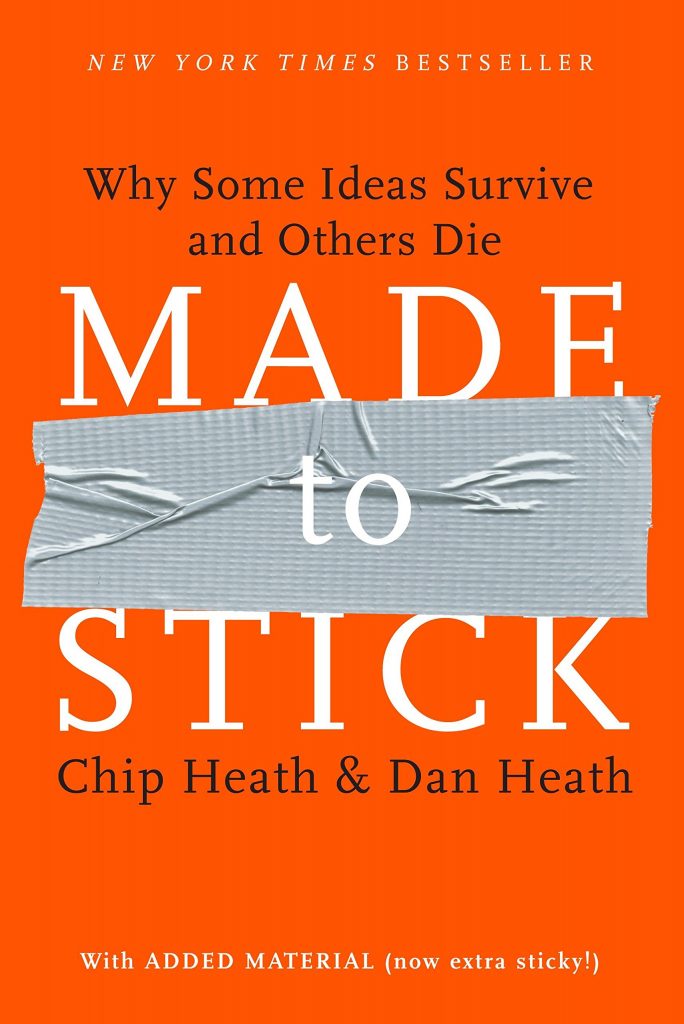
Another readable and eye-opening book. The authors explain the anatomy of ideas that capture people’s attention and make them remember and take action. The book examines success and failure stories about ideas that stick and ideas that don’t. The book is based on years of research, but the authors make it comprehendible and actionable for readers.
9. Strangers to Ourselves: Discovering the Adaptive Unconscious – Timothy Wilson
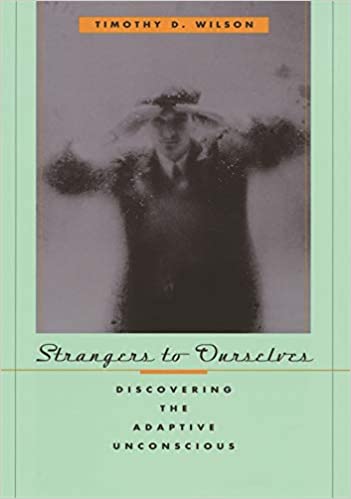
If you’ve finished reading Blink by Gladwell and you want more depth and detail about the unconscious mind, this is the book for you. It’s a more challenging read for beginners, so take your time processing all the information provided. The book is based on vital research that provides great insights into discovering our unconscious selves and how to know who you are, or what you feel, or what you’re like.
10. On Becoming a Person – Carl R. Rogers
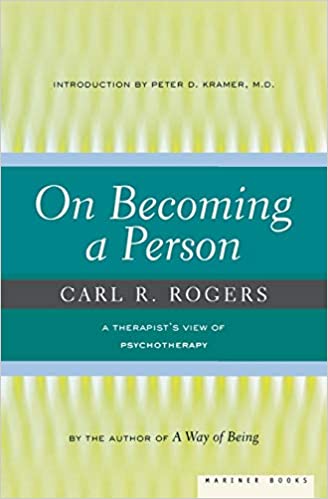
Rogers is the founder of the humanistic psychology movement, and he offers a different perspective on human behavior through a client-centered therapy methodology. The book explores the relationship between the psychologist and the patient, as well as providing an optimistic outlook on human nature. Rogers provides his experience and knowledge he’s gathered over decades of fieldwork.
Those are the top 10 Psychology books you should pick up. If you’re interested in the psychology field, you’ll notice that there are many branches within psychology. To learn more about different branches and the overall psychology systems, consider registering for our Introduction to Psychology class. In some ways, this course is like a tasting menu at a fancy restaurant – you get the opportunity to try various aspects of various disciplines of this fascinating science and see which one(s) excites you.
If you have previous knowledge in psychology or have taken a psychology class before but are interested in researching psychology and human behavior, our psychology research program has some slots available for you. Aralia’s Psychology Research Program takes knowledge from the Introductory psychology course, leads students to understand all aspects of psychology, and explores their interests through conducting research. The professor will guide students through an empirical review of current psychological literature.
This Psychology Research Program takes knowledge from the Introductory psychology course, leads students to understand all aspects of psychology, and explores their interests through conducting research. The professor will guide students through an empirical review of current psychological literature.
This course is an introduction to Psychology – what many describe as the science of the mind and behavior, concerned with how and why human beings do what they do. In some ways, this course is like a tasting menu at a fancy restaurant – you get the opportunity to try various aspects of various disciplines of this fascinating science and see which one(s) excites you. This course allows you to learn the basics in each of the major branches of psychology today.

